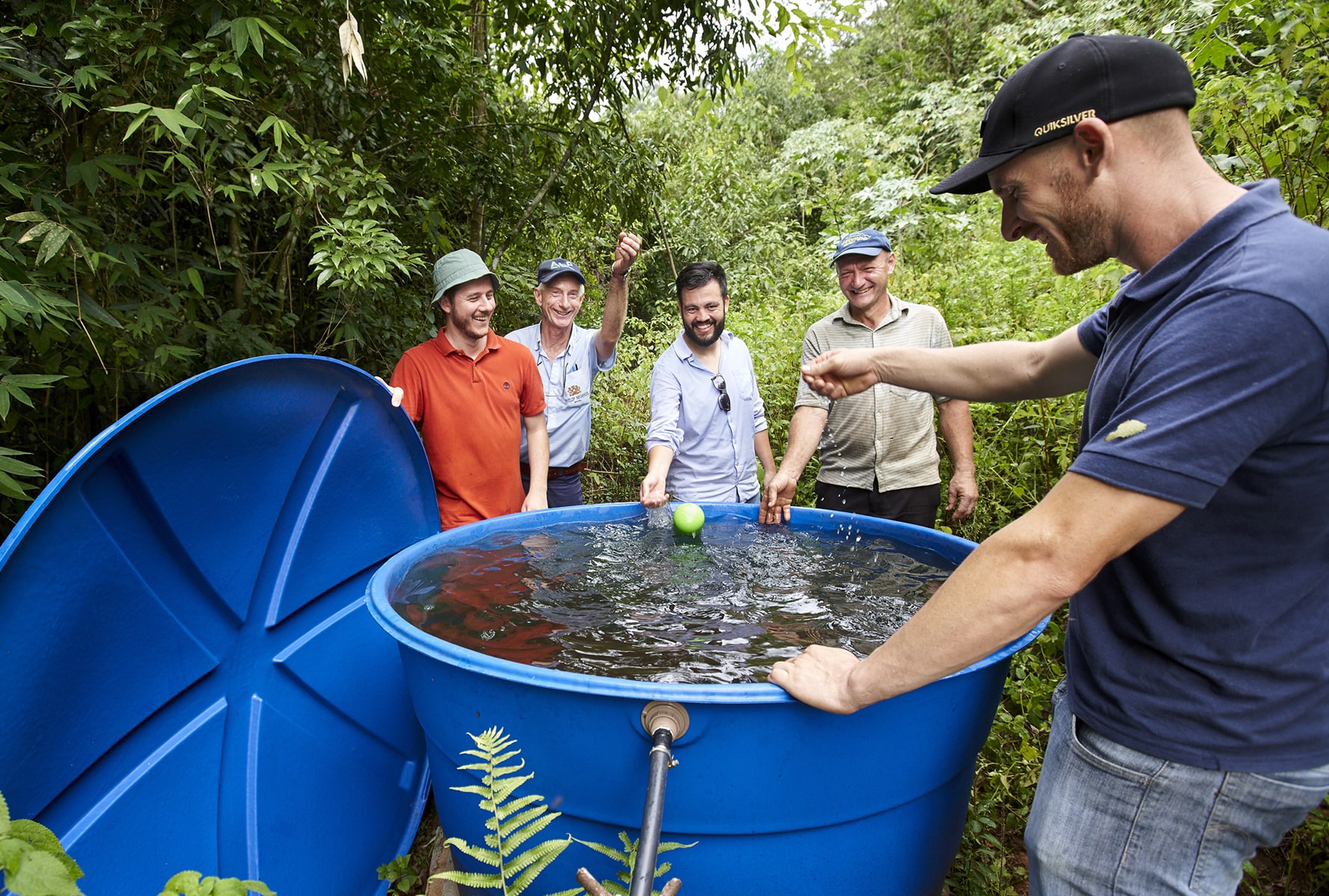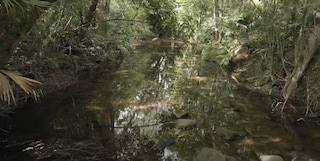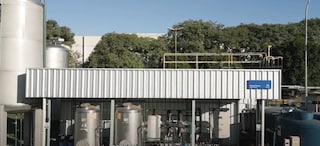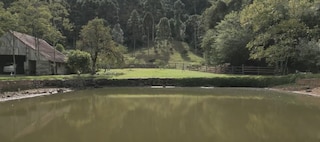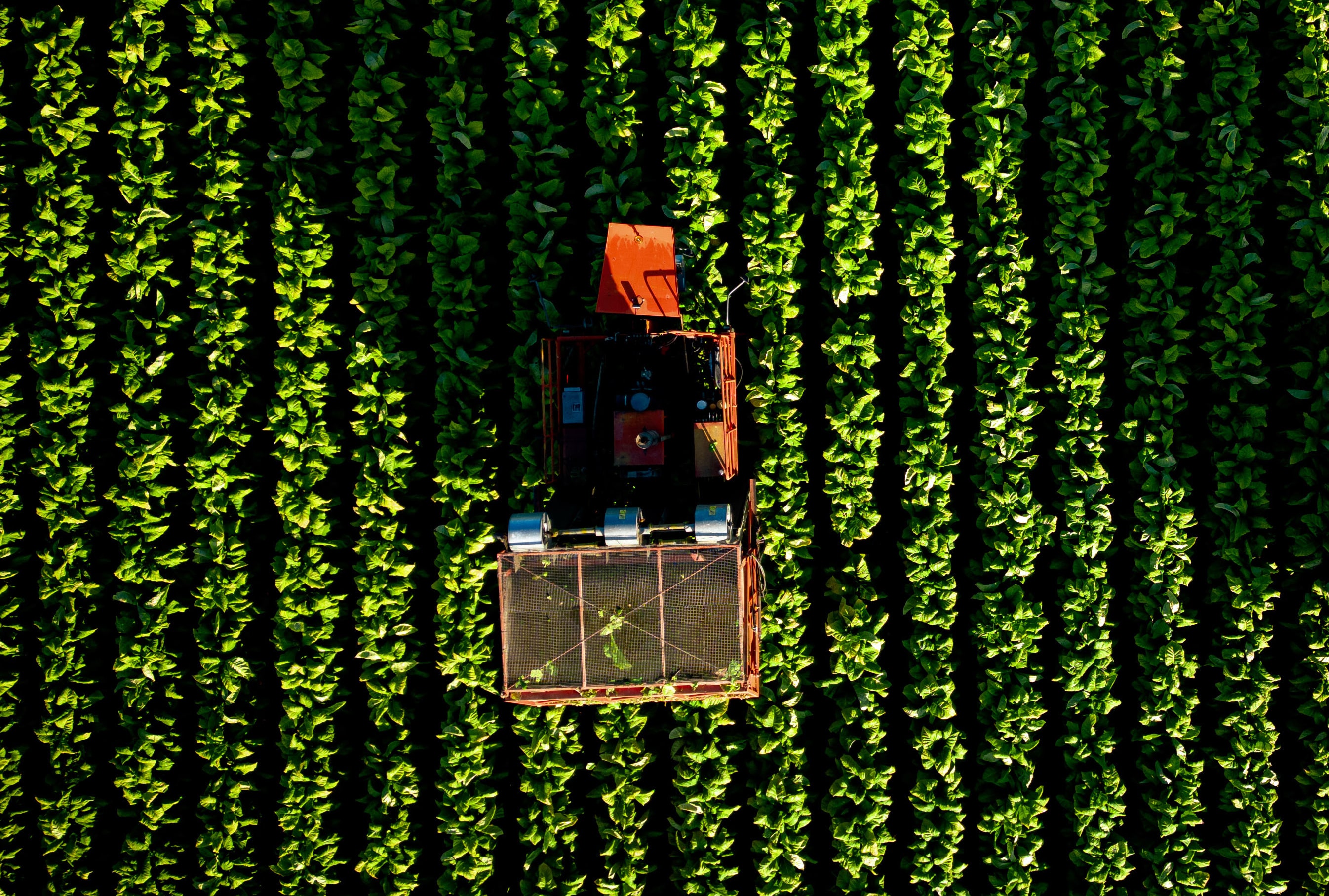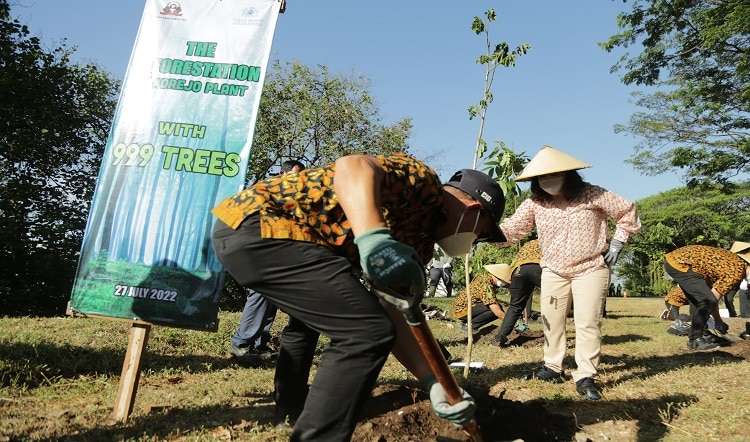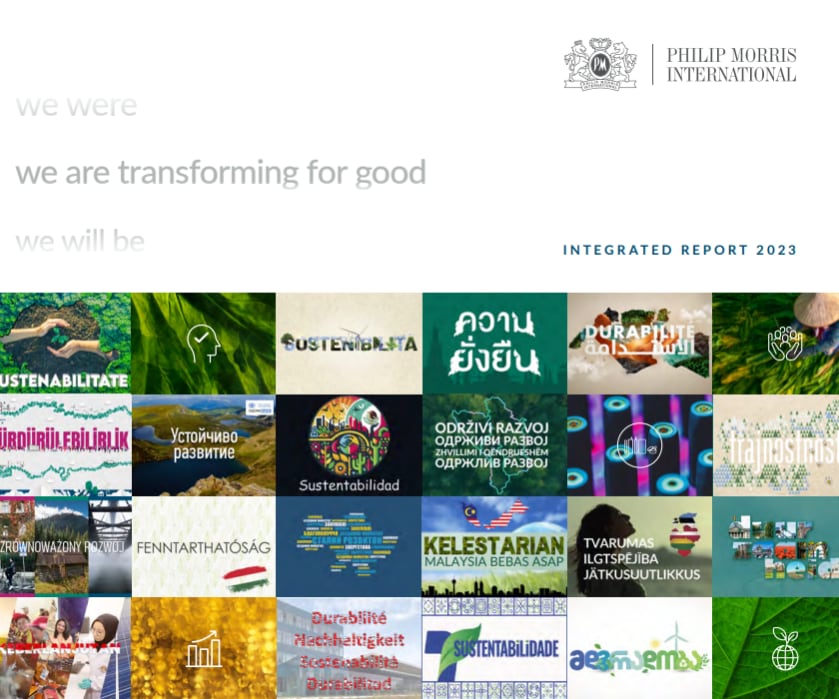Water is one of the most precious resources on earth. An essential part of life, industry, and agriculture, we must do all we can to protect and sustain this vital asset.
Philip Morris Brazil (PMB) has been investing in projects that prioritize the conservation, preservation, and responsible use of water. In 2018, PMB joined the Water Guardian program, an initiative launched because of the community’s concern about the quality of drinking water in the Arroio Andréas Sub-Basin in the south of Brazil. The program forms part of the nationwide Produtor de Água (Water Producer) initiative run by Brazil’s National Water and Sanitation Agency (ANA).
PMB joined the Water Guardian program six years ago, and it remains the sole sponsor. Since then, the program has grown and evolved. It now has 106 participating farmers (of which 25 percent are women) who work together to protect 129 water springs.
Video: Care for the water environment - Philip Morris Brazil
Protecting water at its source
The Water Guardian program promotes the recovery and preservation of water resources for the 26,000 residents who live in both the urban and rural areas of Vera Cruz in the Arroio Andréas Sub-Basin. The focus is to provide better water quality in more reliable volumes, even during times of seasonal drought.
One of the program’s primary objectives is the recovery of water resources such as springs and riverside areas, which are often found on farmland. By fencing off these areas, thereby protecting them from the impacts of livestock and other agricultural factors, smallholder farmers can in effect become “water producers,” offering them an opportunity to gain direct access to cleaner water themselves, while supplementing their income through participation in the program. Thanks to seasonal monitoring by the University de Santa Cruz do Sol since the beginning of the program, the data have demonstrated significant improvements in the water quality of the Arroio Andréas Sub-Basin.
Improving water availability
“Through this program, the Arroio Andréas Sub-basin—the focal water source—has regained its water availability both quantitatively and qualitatively over the years,” says Tanise Etges, Coordinator of the Water Guardian program, and technician responsible for the water treatment plant in the Vera Cruz municipality. “This has enabled uninterrupted public water supply, even amidst increasing demand for extraction and consecutive years of drought.”
At the beginning of the project in 2011, the team had to work hard to spread awareness and ensure the message reached all the eligible farmers in the region, to maximize the number taking part. But today, there’s a waiting list of farmers eager to join.
“The Water Guardian is a pioneering project within the state of Rio Grande do Sul when it comes to the conservation and revitalization of watersheds through the use of Payment for Environmental Services (PES) as an incentive for these actions,” says Marcelo Luís Kronbauer, Professor at the University of Santa Cruz do Sul.
“Collaborating with serious and committed organizations such as Philip Morris, the municipal government of Vera Cruz, the National Water and Sanitation Agency, Afubra, the Pardo Committee, and Emater/RS presents many challenges and learning opportunities. However, these partnerships are essential for the university to continue contributing to its social and environmental role in sustainable development policies.
Progress through change
PMB’s progress on water conservation is not going unnoticed. ANA has acknowledged the Water Guardian program as a “Water Producer,” recognizing the importance of the project for conserving water resources.
And in 2021, PMB’s manufacturing plant become the first in the world to receive the Platinum certification from the Alliance for Water Stewardship (AWS) thanks partly due to the impact of the Water Guardian program, which covers the same watershed. Platinum is the highest level of certification granted by this international organization, which recognizes companies that have adopted sustainable practices to protect water resources. The certification demonstrates that our concern with good water stewardship goes beyond the walls of our factories and can bring positive impacts to communities in the regions where we operate.
A separate project that also contributed to the AWS certification of PMB’s manufacturing plant was PMB’s work in partnership with the University of Santa Cruz do Sul and the National Industrial Training Service to analyze the drinking water from wells used in schools within communities affected by excess fluoride. Bone charcoal filters capable of removing this excess fluoride were then developed and supplied to the schools. This achieved excellent results for the communities, while the university students benefited from learning how to solve problems relating to water resources.
In 2023, PMB began monitoring biodiversity in the program’s coverage area, and registered 564 plant species (including seven endangered tree species and one endemic bromeliad) and 224 animal species (including apex predators such as wild cats and maned wolves). These findings indicate the area is a well-balanced environment with a healthy biodiversity. PMB will continue to monitor this going forward to assess the wider impact of the Water Guardian program.
Additionally, project-involved producers report an improved quality of life. They now have access to water year-round, enjoy landscape harmony, experience a distinct microclimate on their properties due to vegetation, and consequently, benefit from greater biological diversity. These combined factors contribute to improved well-being, extending beyond the program’s direct environmental services.
What the future holds
The success of the program, including the benefits for the community, biodiversity, and the wider environment, has led to plans to expand it further. The next steps are to open the initiative to more farmers in Vera Cruz, and to continue to monitor biodiversity, with a special focus on pollinators such as bees. The team will also continue their development of environmental education activities and work on a management plan to eradicate invasive tree species, as they can compromise water infiltration and change the profile of soil, which in turn can affect the water cycle. The expansion plans also stretch beyond Vera Cruz to the neighboring Santa Cruz do Sul municipality, potentially increasing the positive impact. To date, since 2019, the project has optimized 139,485m³ of water, and the team hopes that in the next five years it will further contribute to PMI’s water KPI of optimizing at least 10 million cubic meters of water by 2030 through dedicated projects that address shared water challenges in the watersheds where they operate.1
1 A note on what we mean by “optimized.” PMI follows the World Resources Institute’s (WRI’s) volumetric benefit accounting methodology to measure the progress we are making. According to the WRI, Volumetric water benefits are the volumes of water resulting from water stewardship activities that improve the watershed and contribute to the targets under Sustainable Development Goal 6.
